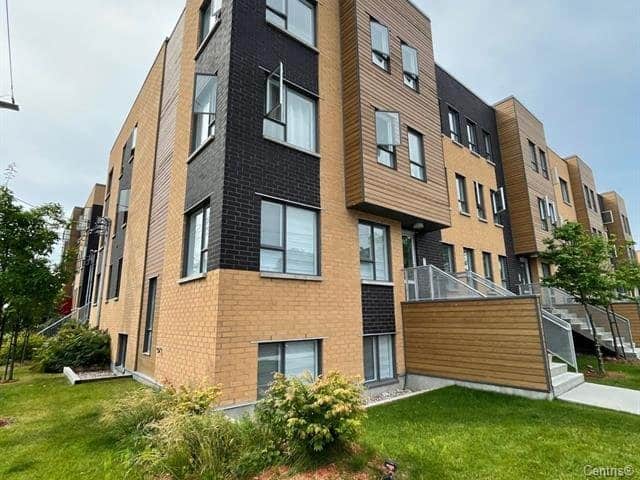Residential real estate brokerage is the business of assisting people in buying, selling, or renting properties. A typical residential real estate transaction involves purchasing or selling a home or other property. Residential real estate brokers typically work for a real estate firm, either a large company with many employees or a small company with only a few agents. In addition to working for a real estate firm, some residential real estate brokers are self-employed.
Duties
The duties of a residential real estate broker vary depending on the type of property they are dealing with and the transaction stage.
For example, when working with buyers, residential real estate brokers may help them find properties that meet their needs and budget.
When working with sellers, residential real estate brokers may help them prepare their property for showings, market their property to potential buyers, and negotiate offers. In addition, they may coordinate the closing of the transaction. They may also provide guidance on the best time to buy or sell a property, negotiate prices, and coordinate the transaction’s closing.
Objectives
The objectives of a residential real estate broker vary depending on whether they are working with buyers or sellers.
For example, when working with buyers, the objective may be to find a property that meets the buyer’s needs and budget. When working with sellers, the aim may be to sell the property for the highest possible price. In both cases, the residential real estate broker’s ultimate goal is to facilitate a successful transaction.
Compensation
Residential real estate brokers typically earn a commission on the sale of a property. The commission is usually a percentage of the sale price and is divided between the seller’s and the buyer’s broker. In some cases, the residential real estate broker may earn a portion of the commission from the lender.
Education and Training
There are no specific educational requirements for becoming a residential real estate broker. However, most brokers have at least a high school diploma or equivalent. In addition, many states require brokers to complete a certain number of hours of continuing education every year. Some states also require brokers to pass an exam before being licensed.
Experience
There are no specific experience requirements to become a residential real estate broker. However, most brokers have experience working in the real estate industry as an agent, appraisers, or in other roles. In addition, many states require brokers to have a certain amount of experience before being licensed.
Skills
The skills needed to be a successful residential real estate broker vary depending on the type of property they are dealing with and the transaction stage.
For example, when working with buyers, residential real estate brokers need to be good at finding properties that meet their needs and budget. They also need to be able to negotiate prices and coordinate the transaction’s closing.
When working with sellers, residential real estate brokers need to be good at preparing their property for showings, marketing their property to potential buyers, and negotiating offers. In addition, they need to be able to coordinate the closing of the transaction.
Benefits
The benefits of being a residential real estate broker vary depending on the type of property they are dealing with and the transaction stage.
For example, when working with buyers, residential real estate brokers may be able to help them find properties that meet their needs and budget. They may also be able to provide guidance on the best time to buy or sell a property, negotiate prices, and coordinate the transaction’s closing.
When working with sellers, residential real estate brokers may be able to help them prepare their property for showings, market their property to potential buyers, and negotiate offers. In addition, they may be able to coordinate the closing of the transaction.
Services real estate broker he has to deal with
1) Promote and market the property
2) Find potential buyers for the property
3) Negotiate sale price and terms on behalf of the seller
4) Prepare necessary paperwork for the sale
5) Ensure that the sale goes through smoothly and according to plan.
6) Manage property showings and open houses
7) Be available to answer any questions that the buyer or seller may have
8) Provide advice and guidance to the buyer or seller throughout the entire process
9) Represent the best interests of the client at all times.
10) Continually keeping up with changing real estate laws and regulations.
If you are considering selling your property, it is best to enlist the help of a real estate broker. A real estate broker can promote and market your property in the most effective way possible. Also, they can find potential buyers for your property.
The broker will also negotiate the sale price and terms on your behalf and prepare all the necessary paperwork for sale. Furthermore, the real estate broker will ensure that the sale process goes smoothly and according to plan.
Regarding property showings and open houses, the real estate broker will be responsible for managing these aspects. This includes answering any questions the buyer or seller may have.
Throughout the entire process, the real estate broker will advise and guide the buyer or seller to make the best decision possible. It is important to note that the real estate broker always has their client’s best interests in mind. Therefore, will work hard to get the best deal possible.
Additionally, real estate brokers are always up-to-date with changing real estate laws and regulations.
Conclusion
Hiring a real estate broker is wise if you consider selling your property. With the help of a broker, you can rest assured that your property will be marketed effectively and that the entire sale process will go smoothly.

